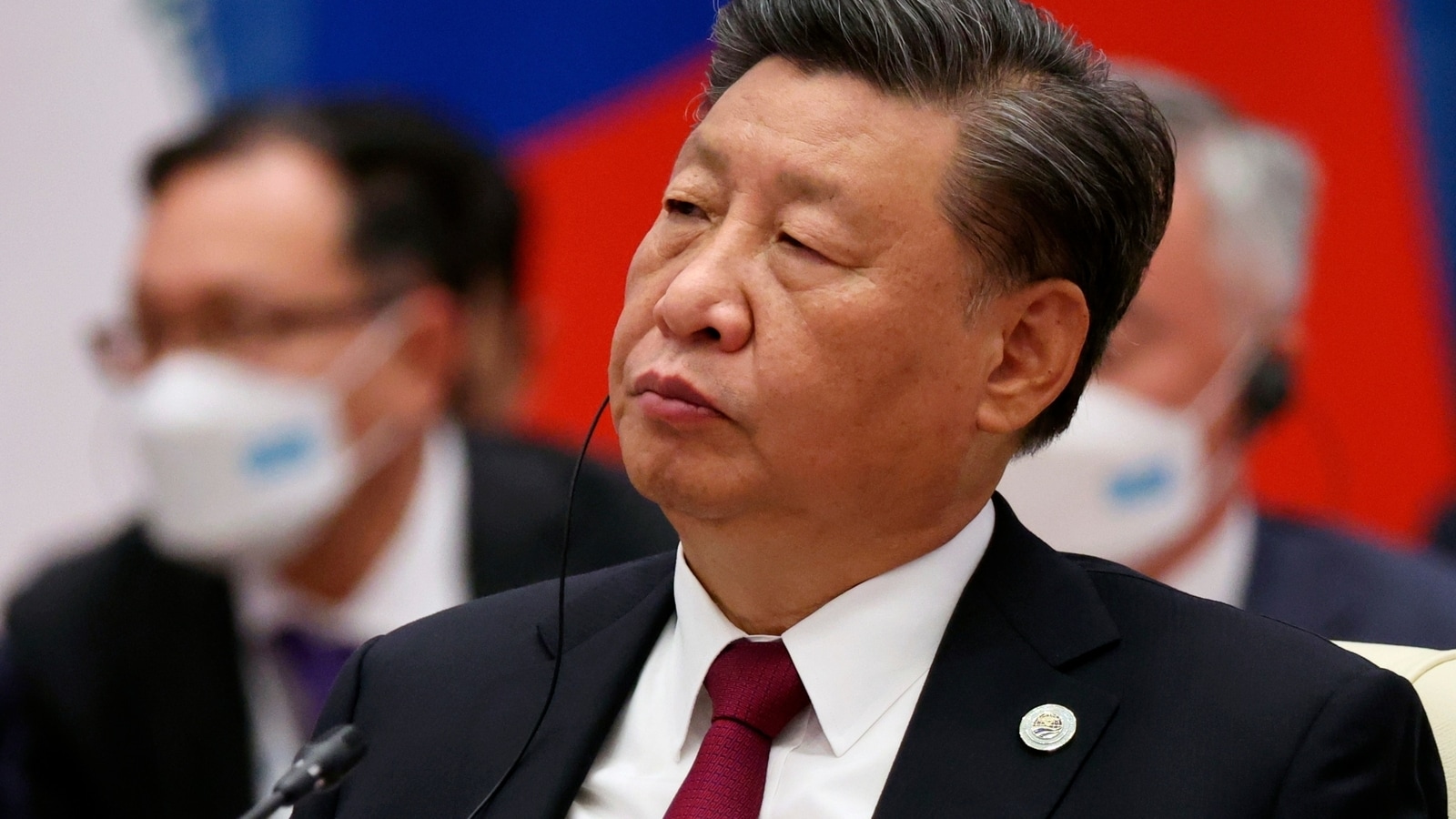Flagging Economy
OpenLife Nigeria reports that a decade since China first proposed the Belt and Road Initiative, China’s aggressive investments around the world have helped expand both trade and its international influence.
Yet the infrastructure-focused initiative is losing steam amid a domestic economic slowdown and a surge in defaults triggered by factors including COVID-19.
The country now appears to be rethinking how it invests overseas, with President Xi Jinping pushing to boost the profitability of Belt and Road projects.
Xi first outlined his vision for a Silk Road Economic Belt connecting China and Europe in September 2013 on a trip to Kazakhstan. The following month, he called for a 21st-century Maritime Silk Road along the Indian Ocean and the South China Sea, laying the foundation for Belt and Road.
More than 150 countries have since signed memorandums of understanding with China, including for cooperation on investments. China is hosting the third Belt and Road Forum in Beijing this October.
China’s trade with Belt and Road participants grew 76% from 2013 to 2022, outpacing the 51% increase in China’s overall trade, according to its customs agency.
Stronger economic ties with emerging countries also bolstered China’s clout on the international stage. “Belt and Road kept China from becoming isolated within the United Nations,” said Junya Sano of the Japan Research Institute.
Between 2019 and 2021, Western countries issued four joint statements to the U.N. Human Rights Council expressing concern over the situations in Xinjiang and Hong Kong. But more countries sided with China than with the West every time, Sano said.
China’s trade surplus with Belt and Road countries has grown as well. The figure totaled $197.9 billion for the first seven months of 2023 and is on track to a new full-year high. This surplus, which accounts for around 40% of China’s total, helped the country rely less on trade with the U.S. amid growing bilateral tensions.
But Belt and Road countries face mounting trade deficits, while hopes for increased access to the Chinese market fade. Italy, which in 2019 became the only member of the Group of Seven to join the initiative, saw its trade deficit with China double in three years through 2022.
“The Silk Road did not bring the results we expected,” Italian Foreign Minister Antonio Tajani said this past Saturday, according to Reuters. His country is seen deciding toward the end of the year whether to leave the framework.
Tough Chinese conditions on Belt and Road-related financing have also led to problems. Struggling to repay its debt, Sri Lanka granted China control over the Hambantota port on a 99-year lease. Countries are increasingly wary of falling into a “debt trap,” though China rejects the idea.
COVID-19 was a key trigger for China to reevaluate its approach. The pandemic dealt a blow to emerging economies, leading to a surge in debt renegotiations and write-offs. A total of $76.8 billion in loans involving Chinese lenders have essentially gone bad between 2020 and 2022, according to U.S.-based Rhodium Group — 4.5 times as much as between 2017 and 2019.
China’s economic slowdown has contributed to this decline. Its foreign reserves, which fund new investments, have remained roughly flat at just over $3 trillion, and its ability to invest in emerging countries is not expected to increase dramatically.
Inward-looking policies also play a role. After China announced in August 2022 some debt forgiveness for African countries, the internet was flooded with posts calling on the government to do the same for medical expenses and mortgages for Chinese people back home, Sano said.
China would have a harder time spending overseas should frustration grow over its flagging economy.
China is exploring more sustainable avenues of economic assistance. In the fall of 2021, Xi stressed the importance of profitability in Belt and Road projects and laid out plans to cooperate with development banks. There is significant interest in what he says at the upcoming Belt and Road Forum.
Still, “China’s global influence will inevitably decline unless is external loans and assistance return to peak levels,” Sano said.






